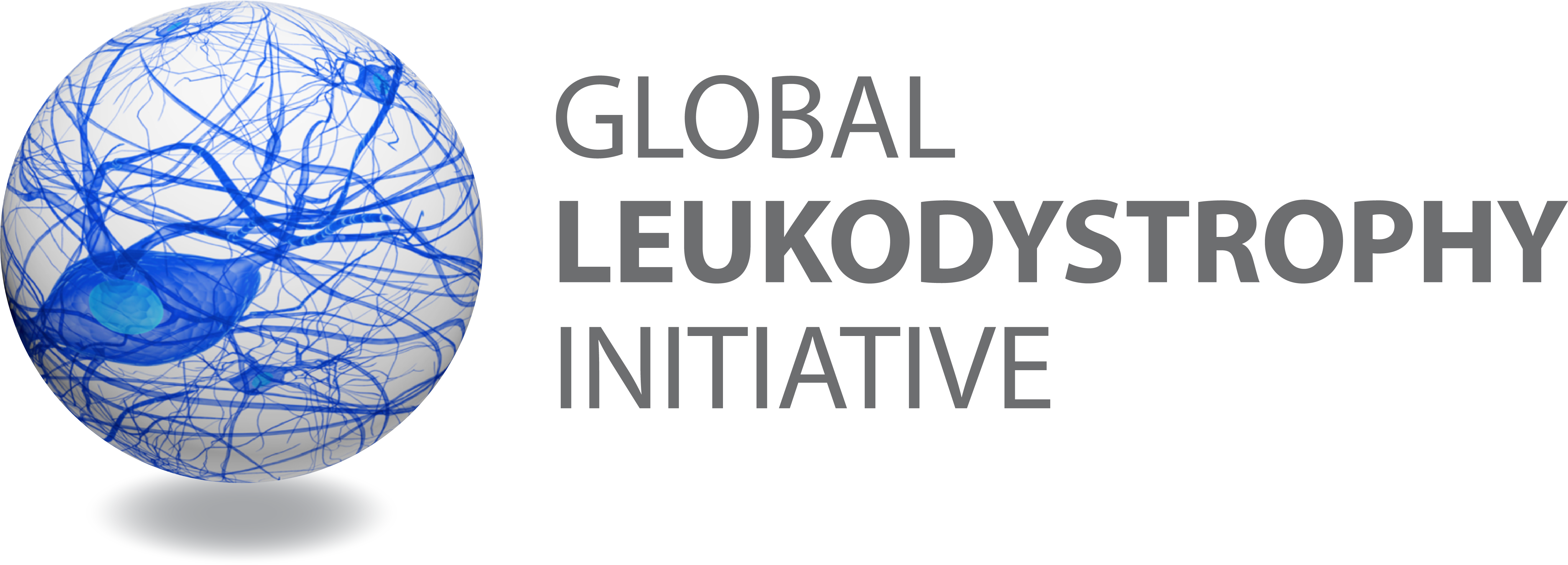Project 4 - Aicardi-Goutières Syndrome Outcomes
Aicardi Goutières Syndrome (AGS) is a rare genetic disorder of excessive interferon (IFN) production, resulting in severe, systemic inflammatory injury and potentially profound disabilities. Most individuals affected by AGS exhibit some degree of neurologic impairment, ranging from mild spastic paraparesis to severe global developmental delay. Additionally, interferon over-expression results in systemic manifestations and recurrent aseptic fevers with severe, chronic irritability. AGS therapeutic trials are limited by heterogeneous patient populations and the lack of disease-specific outcome measures.
Recent clinical studies have demonstrated that current outcome assessment tools do not adequately capture the impact of the disease and the subsequent improvement. In this proposal, we will begin to bridge those gaps by identifying clinically distinct subgroups of AGS, designing an AGS-specific clinical rating scale, and exploring the relationship of a novel biomarker to clinical disease.
AIM 1: CHARACTERIZE CLINICALLY DISTINCT AGS SUBGROUPS
The first project's aim seeks to define distinct cohorts based on statistically relevant disease features that best predict clinical trajectory and outcomes. Investigators will identify subgroups that represent the distinct clinical manifestations seen in AGS. Using statistical modeling approaches, investigators define discrete subsets within the AGS population. This analysis will be based on the neurologic level at presentation, age of onset, genotype, systemic complications, and variables defined by content validity analysis in collaboration with our advocacy partners. The proposed cohorts will be assessed using the prospective data collection tools developed in Project 1 to determine whether they remain longitudinally consistent.
The expected outcome of this aim is to establish an instrument to accurately categorize individuals into distinct subgroups at the time of presentation, defining cohorts based on statistically relevant disease features that best predict outcomes.
AIM 2: DEFINE A NOVEL DISEASE RATING SCALE TO ASSESS LONGITUDINAL CHANGE
Disease-specific clinical rating scales can be useful in demonstrating therapeutic benefit in disorders with a heterogeneous phenotype, as is seen in individuals with AGS. We propose to identify domains in established Clinical Outcome Assessments (COA) and Patient-Reported Outcomes (PRO) to create a novel disease-specific rating scale. This aim will also test validity and feasibility in subsequently enrolled individuals affected by AGS.
We hypothesize that the application of a disease-specific clinical rating scale at defined time points will more closely correlate with disease progression compared to a daily symptom diary and traditional clinical outcome assessment tool results obtained in Project 1.
AIM 3: EXPLORE PROPORTIONALITY BETWEEN A PROSPECTIVE BIOMARKER AND CLINICAL OUTCOMES IN AGS
Interferon Signaling Gene (ISG) signature, a score of gene expression related to interferon signaling, is currently used in the context of clinical trials, however, its relationship to clinical outcomes has yet to be determined. We propose exploring the longitudinal relationship of ISG scores to clinical presentation, age of onset, genotype, systemic complications, and prospectively identified variables. We will compare the trajectory between ISG scores and clinical function, including patient-reported outcomes and clinical outcome assessments.
We hypothesize that ISG scores gathered at defined time points will correlate with disease progression. This aim will lay the groundwork for the potential use of this biomarker in the context of future clinical trials.
The ultimate goal of this project is to define measures to be used to define evidence-based clinical cohorts for future clinical trial settings. Data collection, management, and analysis will be overseen by the GLIA-CTN Data Integration Core. Outcomes will be shared with stakeholders across the community, including advocacy and industry partners, to ensure its contribution to future clinical trials.

